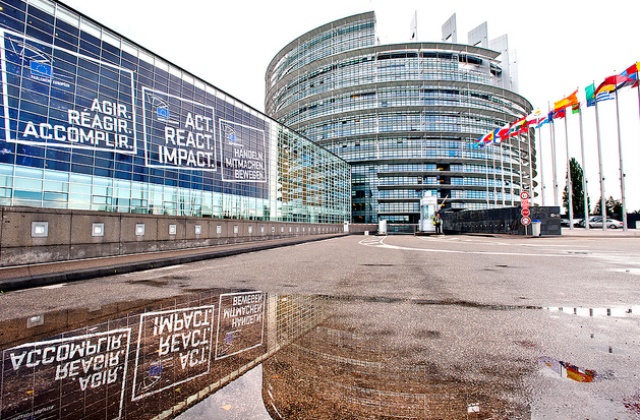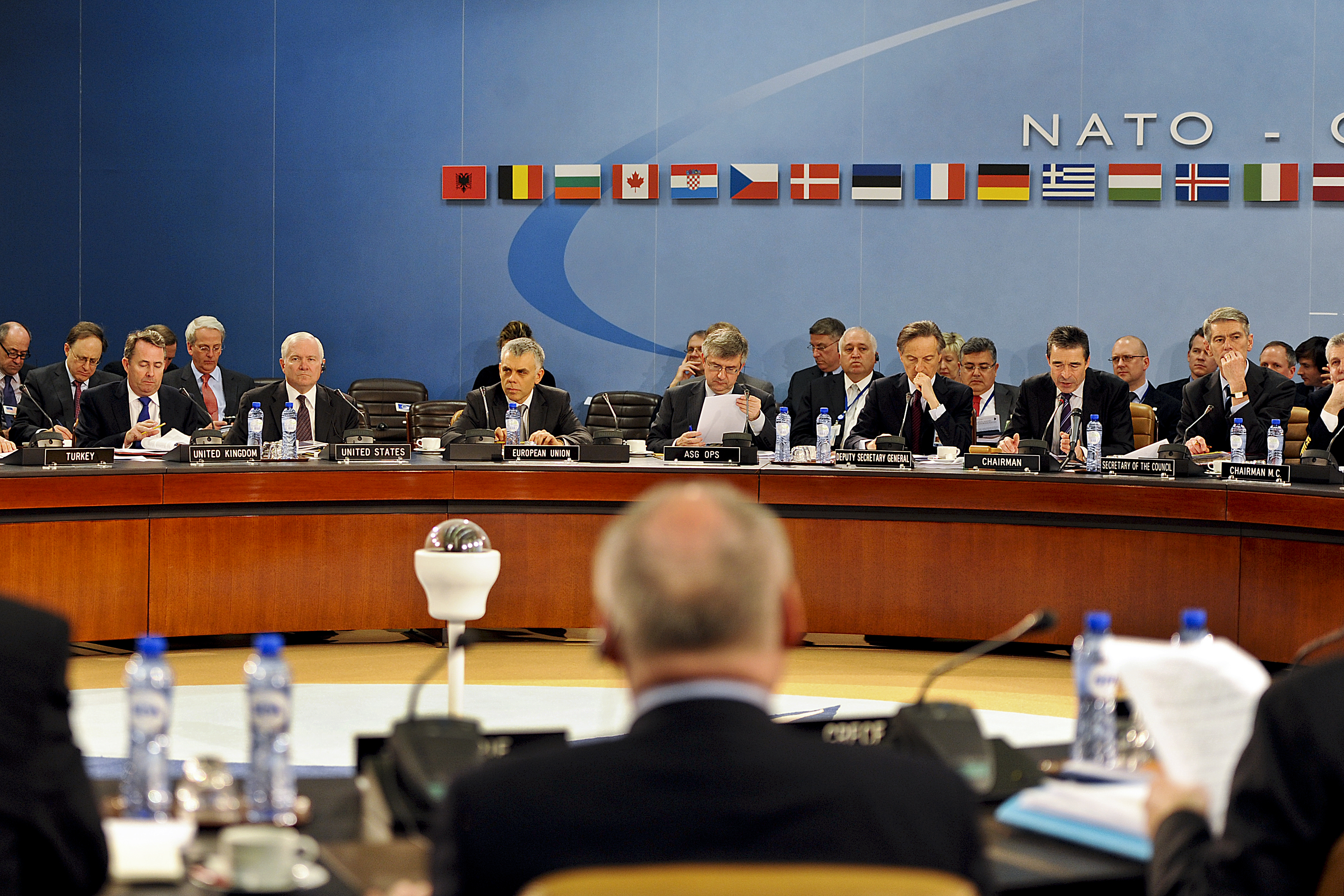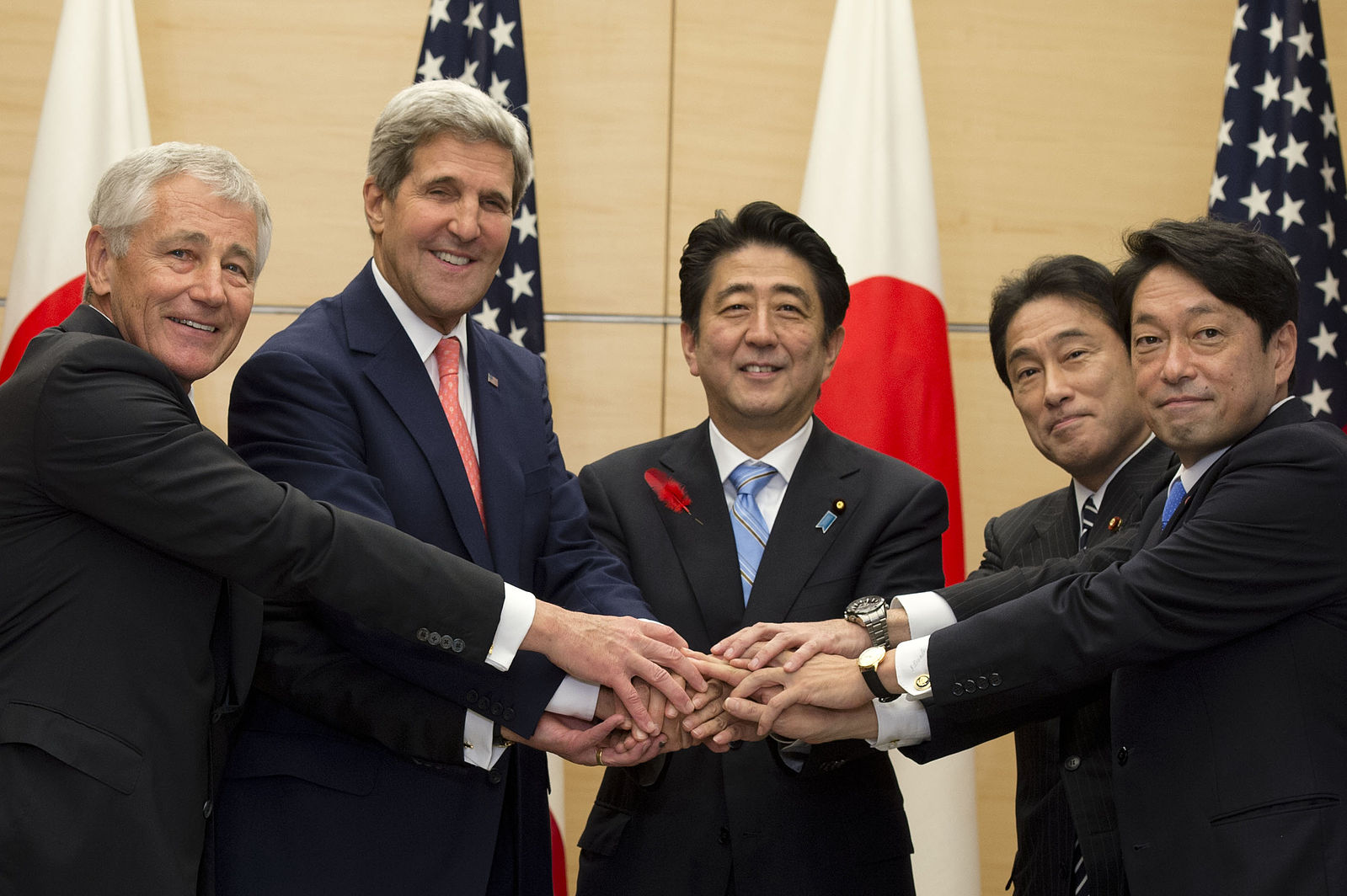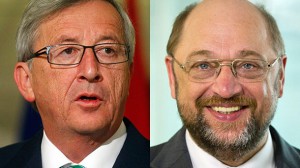
Between May 22-25, 400 million citizens across 28 European Union member states will be eligible to participate in the European Parliament elections. Despite being the 8th directly elected parliamentary body since 1979, these elections are more important than ever because they will allow the incoming Parliament to enact some of its new powers and will shape the EU’s political course during a time when the EU is at a crossroads.
As a result of article 17.7 introduced in the Lisbon Treaty in 2009, European parties have, for the first time, proposed candidates to become the new European Commission (“the Commission”) president. The European Commission, which is the EU’s civil service, is the only EU institution with the power to propose legislation. Article 17.7 states that the European Council (which represents EU heads of state) must take into account the results of European Parliament elections when proposing a candidate for Commission president. This candidate must then be elected by the majority of Members of European Parliament before he or she officially become the new Commission president. Prior to the Lisbon Treaty, the European Council was responsible for appointing the Commission president; however, article 17.7 was introduced as part of an effort to boost interest in Parliament elections and make the EU more democratic.
Thus, due to article 17.7, European citizens can for the first time ever, play an indirect role in electing the leader of the EU’s executive body as the newly elected Parliament will play a pivotal role in determining the Commission’s new president.
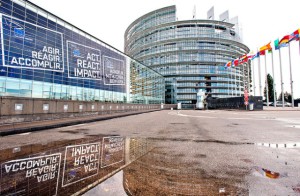
It is largely believed that the party that wins the elections will put forth its candidate to become the EU’s executive head. Consequently, the current front runners are Martin Schulz of the Socialists and Democrats party (S&D), and Jean-Claude Juncker of the European People’s Party (EPP), the lead candidates of the two parties predicted to win the most seats in the elections.
The Lisbon Treaty also increased the European Parliament’s role in the EU’s legislative process. Since 2009, the Parliament has helped co-decide up to 70% of European legislation with the Council of the EU (the EU institution that represents national governments). Based on how it has acted since the adoption of the Lisbon Treaty, one can expect the new Parliament to continue flexing its newfound muscle and playing a key role in the EU’s legislative process.
Europeans will elect the body that will represent citizen interests and will determine what political direction the Parliament will take. As the only democratically elected EU body, the incoming Parliament will make the claim as being the legitimate voice of European citizens. However with the continent still recovering from an economic crisis, the elections will measure the public’s support of EU integration. The elections this time are thus being portrayed as a referendum on whether citizens want ‘more Europe’ or ‘less Europe’.
The possibility of anti-integration (or “Eurosceptic”) parties making gains in the upcoming elections will be significant for a number of factors, with the most significant being that they will serve as a robust challenge to the previously commonly held view that deeper EU integration would enhance European prosperity. If Eurosceptic parties gain influence following the elections they will seek to play a spoiler role and act to lessen the EU’s influence over member states, weakening the prospects of enhanced EU integration over the next five years.
With the S&D and EPP, both of which are viewed as status quo or pro-integration parties, likely to win the most seats, the net result may be a stronger integrationist Parliament that crowds out the views of Eurosceptics and EU reformist parties. European Parliament elections have historically suffered from poor voter turnout with a lowly 43% during the 2009 elections, and that is not expected to improve during this year’s elections. If the Parliament’s leading parties decide on pursuing a pro-integrationist agenda despite strong parliamentary opposition and weak voter participation, further questions will be raised of the democratic credentials of the EU’s only directly elected body.
Though much uncertainty lies ahead, the upcoming Parliament elections represent a historic opportunity for citizens to shape the EU’s future. Not only will the new Parliament play a decisive role in the selection of the new Commission president, it will also continue exercising the legislative powers it gained in 2009 and play a key part in charting Europe’s political direction.

